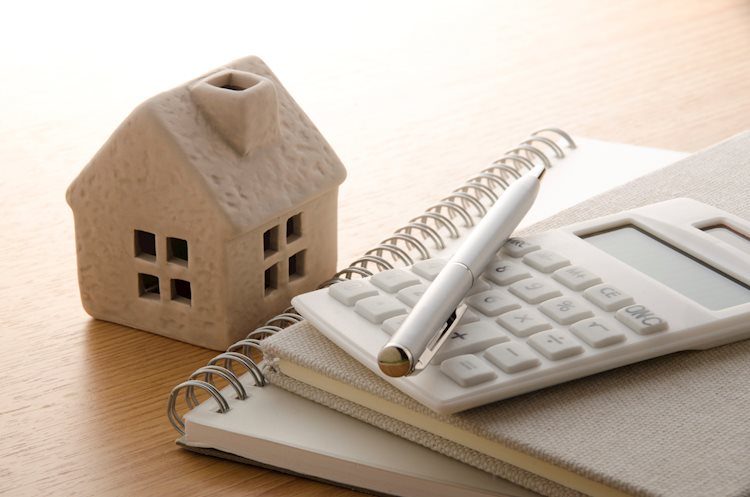Housing starts and building permits in the US saw a sharp decline in July, according to data published by the US Census Bureau. Housing starts fell 6.8% to 1.238 million units, following a 1.1% increase in June. Building permits also decreased by 4% after a 3.9% increase in June.
The market reaction to this news has been negative, with the US Dollar Index staying below 103.00 and falling by 0.3% to 102.73 at the time of press. This decline in housing starts and building permits signals a slowdown in the construction industry, which could have broader implications for the US economy.
The real estate sector is a significant driver of economic growth, and a decline in housing starts and building permits could impact job creation, consumer spending, and overall economic activity. This data will be closely monitored by policymakers and analysts as they assess the health of the US economy.
The decline in housing starts and building permits could be attributed to a variety of factors, including rising construction costs, labor shortages, and uncertainty in the housing market. These challenges could pose obstacles to the recovery of the construction industry and hinder its ability to meet growing demand for housing.
Despite these challenges, there is still optimism that the housing market will rebound as the economy continues to recover from the impacts of the COVID-19 pandemic. Low mortgage rates and a strong demand for housing are expected to support the housing market in the coming months.
Overall, the decline in housing starts and building permits in July is a concerning sign for the construction industry and the broader economy. Policymakers will need to closely monitor the situation and take appropriate measures to support the recovery of the housing market and ensure long-term economic growth.











